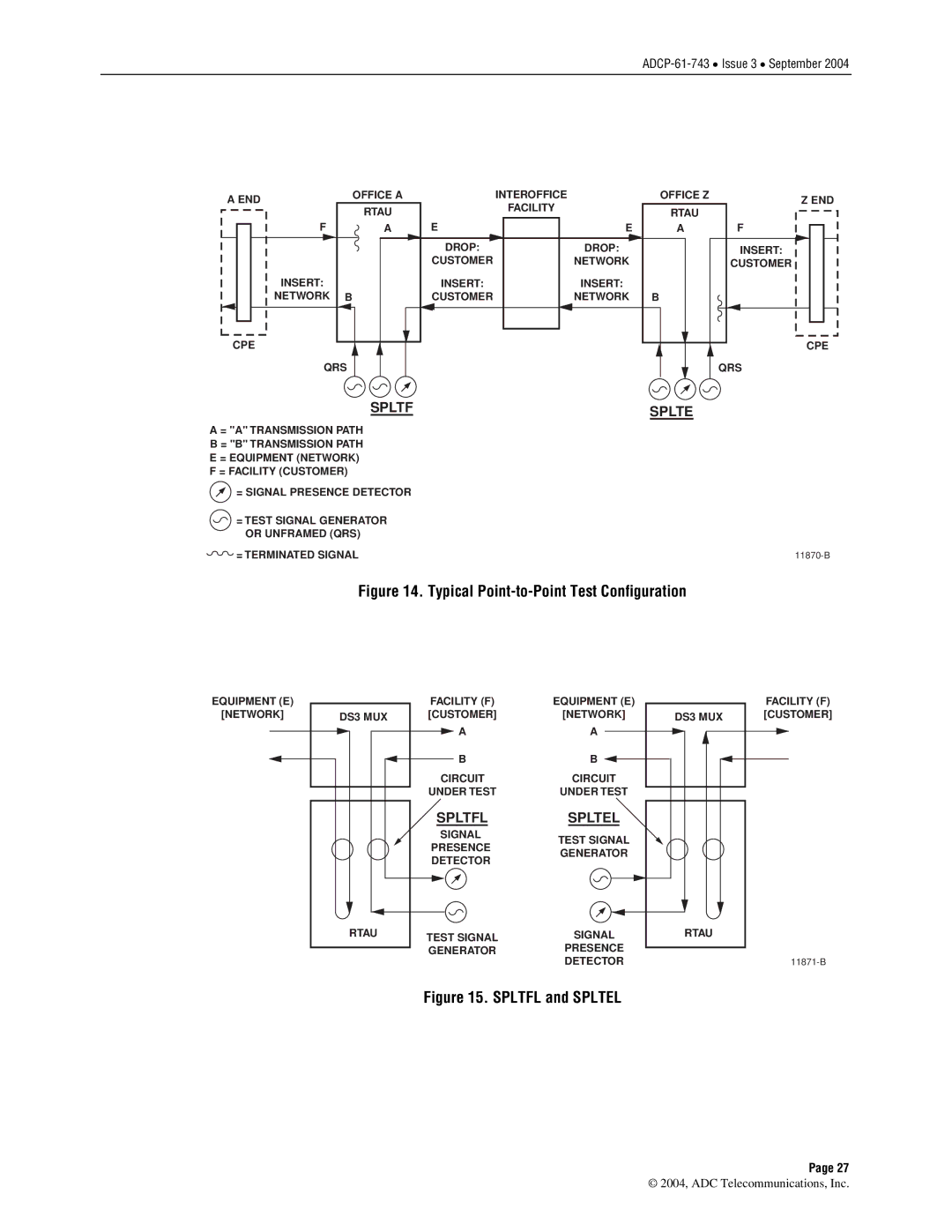P-61-743 specifications
The ADC P-61-743 is a sophisticated air defense communication system designed to enhance the situational awareness and operational effectiveness of military units. This compact yet powerful system integrates advanced technologies, offering superior performance in a variety of challenging environments. One of the hallmark features of the P-61-743 is its robust data processing capabilities, allowing for real-time analysis and interpretation of incoming threats. By utilizing cutting-edge processing algorithms, the system can quickly filter and prioritize threats, ensuring that personnel can respond effectively and efficiently.Equipped with a multi-functional user interface, the P-61-743 provides operators with intuitive control and monitoring capabilities. This interface displays critical information, including threat identification, tracking data, and communication statuses, in an easily digestible format. Additionally, the system's modular design allows for seamless upgrades and integrations, making it adaptable to rapidly changing technological landscapes and mission requirements.
The P-61-743 employs advanced communication technologies, facilitating secure and encrypted data exchanges across multiple platforms. This ensures that vital information remains confidential and protected against interception or unauthorized access. Moreover, the system supports interoperability with various existing military communication networks, promoting cohesive operation among allied forces.
Another notable characteristic of the P-61-743 is its resilience to electronic warfare. It features sophisticated countermeasure systems that provide protection against jamming and spoofing attempts, ensuring that critical communications remain intact even in contested environments. The system's architectural design enables it to function effectively in diverse terrains, from urban centers to remote military bases, showcasing its versatility.
The ADC P-61-743 is not only focused on immediate defense needs but also incorporates artificial intelligence-driven predictive analytics. By analyzing historical data and current conditions, the system can forecast potential threats and recommend preemptive actions, thus enhancing the overall strategic advantage of military units.
In summary, the ADC P-61-743 is a state-of-the-art air defense communication system characterized by its advanced data processing, user-friendly interface, robust communications technology, electronic warfare resilience, and predictive analytics capabilities. These features make it an invaluable asset in modern military operations, ensuring that forces remain prepared and responsive in an increasingly complex threat landscape.

